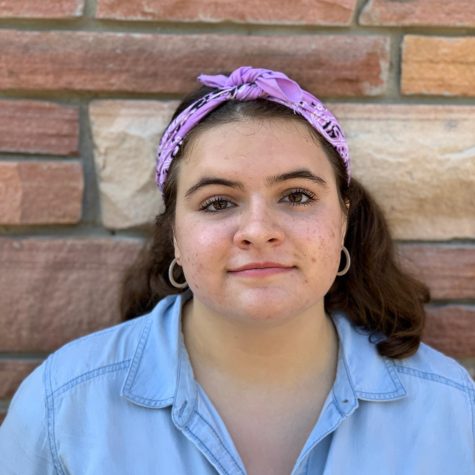Juul Doesn’t Give a “Rip”
The promise and peril of vaping
Black market products are no longer the sole culprit for vaping-related health problems. As the attention shifts toward big-name vape companies, it’s time for public outrage. Back in March of 2019, former Juul executive Siddharth Breja was “inappropriately terminated” after the company shipped out one million contaminated mint-flavored nicotine pods to retailers and refused to recall the products or warn consumers. According to one Forbes article, Former CFO Tim Danaher told Breja that a recall would “harm Juul’s sales and $38 billion valuation,” and CEO Kevin Bruns rejected Breja’s idea of putting a “best by” date on old pod packs. Burns allegedly said that “Half our customers are drunk and vaping like mo-fos, who the f*** is going to notice the quality of our pods?”
According to The New York Times podcast “The Promise and Peril of Vaping, Part 2: The Story of Juul,” Juul was originally created by two Standford students to help regular users quit smoking. It has a slick design, one that was designed to be noticeable and was portrayed as a better alternative to the patch or other e-cigarettes. However, through advertising and social media, Juul was portrayed as something new and cool, and through celebrity endorsements, Juul became very attractive to the public. According to the FDA, in 2018, “twice as many high school students are using e-cigarettes compared to last year. It is the biggest one-year increase in the 44-year history of that study.”
The FDA then warned Juul that if it didn’t change its advertising tactics and flavor names, the company would essentially be shut down. Motivated by fear, Juul started changing some of the flavor names from “Cool Cucumber” to “Cucumber” and “Fruit Punch” to simply “Fruit,” and using older people in their ads. However, Juul was also secretly appealing to Altria, the parent company of Philip Morris, responsible for the infamously irresponsible Marlboro Man. Interviewee Sheila Kaplan pointed out that “[Juul] touted themselves as the anti-tobacco company. And it turns out that while they were making their public relations campaign to stave off FDA action, they were secretly talking to the tobacco companies.”
Students of Boulder High need to understand that Juul is not concerned in the slightest about their users. For them, profit is the main drive, and the lives of their users are viewed as inconsequential. To seek help in quitting, talk to any of the BHS administration or seek outside resources. There is a free telephone support service provided by the CDC for those trying to quit nicotine, at 1-800-QUIT-NOW.
Featured image via Vaping 360.

Lauren Carvalho is now a senior at Boulder High. While she likes Boulder High, she's never found a club or sport she was truly interested in pursuing in school. Lauren chose to join The Owl staff because she believes it is a great way to get involved with the Boulder High community, and journalism has always interested her. She is a great problem solver and thinks on her feet, so she will be a great addition to The Owl staff. When not at school, Lauren enjoys many typical teenage activities, such as listening to music, binging Netflix, and hanging out with friends. However, her true passion is for medicine. Over summer break, she attended the Johns Hopkins Student Ambassador program, and from...

